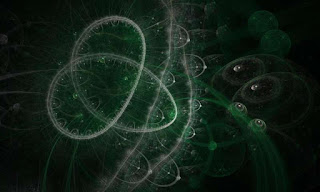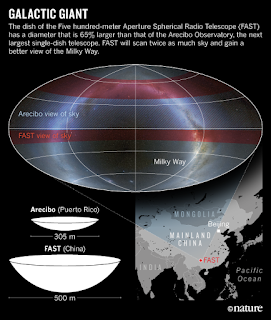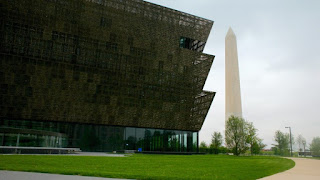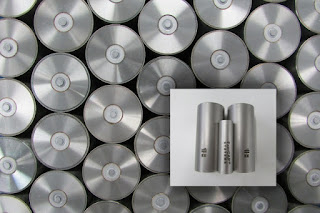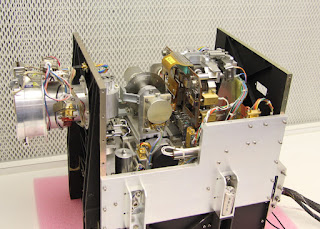 |
| Image Source: Technology Review (see Basic Income below) |
Topics: Economy, Existentialism, Philosophy
I have the unpleasant distinction of having been on unemployment, even self-published a book about it. I don't recall it as halcyon days.
My unemployment compensation amounted to $1,320 per month that the State of Texas initially sent me a live check, then populated a debit card. I had the obligation of a minimum of three job searches per week I had to keep logs of, and if asked - unannounced - to produce them.
Let's say I made $200 for one week, as I did in seasonal work for a shipping company lifting boxes and a sales job with a security company. I had to report that (example) minuscule increase. Then legally, the state unemployment adjusted what I received to $1,120/month. In essence, your ceiling was established. Lying was illegal state and federally, and I did not desire to see life behind bars. You of course, desired to earn whatever living you became accustomed to prior to unemployment. It was the financial equivalent of treading water...
I read the print version of Technology Review's business issue because the cover - titled "Free Money" with a cartoon techie next to a sketched Segway giving what looked like a check or money to an presumably out-of-work caricatured individual. The Silicon Valley idea was to give the unemployed $10,000 per year to give them space to "invent" or invest in their own education to retrain for another career.
Caveat 1: Duchess Community College Tuition and Fees (since this is where I live now)
Tuition for Full-Time Students (over 11 credits)+
New York State Resident† $1,764.00 per semester
Nonresident $3,528.00 per semester
Student Activity Fee $5.00 per credit hour
Technology Fee $13.00 per credit hour
Caveat 2 - Rent: A decent apartment runs about $1,500 - 2,100/month. Add to that FOOD, gas or transportation; clothing and entertainment - retraining workers aren't monks. I'll leave it to you to do the math.
If the unemployment compensation were without conditions, a 12-month compensation would be $15,840.00, though Texas and many states only do with (with seeking employment conditions) for six months.
So...I'm not a fan of this approach. I agree SOMETHING has to be done, but $10 - 15,000 probably doesn't cut it. Something like new entry-level jobs in alternate energy, for example that does not require much training after high school, up to design engineers and researchers. There should be a program of continuous training and lifelong education for career advancement and frankly, for the fact humans get easily bored. Proverbs about "idle minds" and the work shed of Beelzebub applies.
 |
| Image Source: Ibid |
However, the current level of income inequality has to be solved (reference graphs), unless we want something in a modern society - first, second or third world - decidedly undesirable, tribal, horribly stratified, weaponized and...dystopian.
MIT Technology Review:
Basic Income: A Sellout of the American Dream, David H. Freedman
What the Great Economists Would Have Thought of a Universal Basic Income
Letter to the Editor
